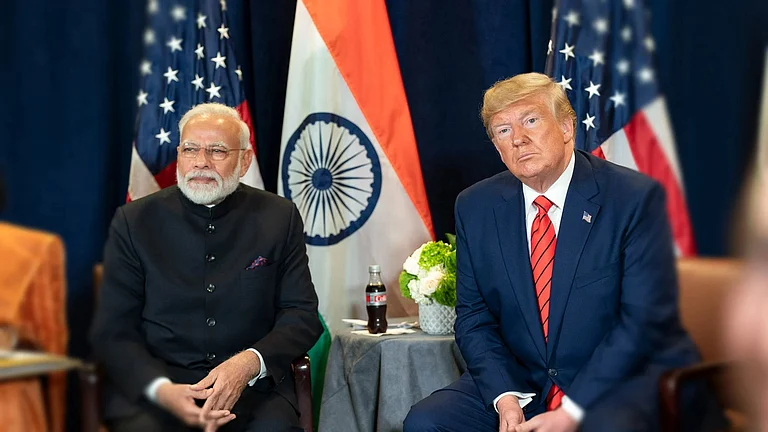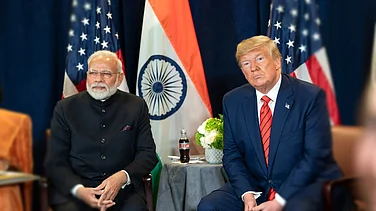On August 6, 2022, the government introduced Competition Amendment Bill 2022, which proposes certain changes to the Competition Act, 2002. Notably, the bill has been referred to the Standing Committee of Finance for further review. The proposed bill, which will be discussed during the winter session in the parliament, includes certain amendments to the Competition Bill, 2002 including a broader framework with respect to anti-competitive practices as well as mergers and acquisitions.
The Competition bill has been introduced at a time when the Competition Commission of India (CCI) is tightening scrutiny over anti-competitive activities by e-commerce firms. Over the past few months, the competition watchdog has summoned online food aggregators Swiggy and Zomato and cab aggregators Ola and Uber, warning them about monopoly in the market and anti-competitive activities.
The decision to introduce the bill has been taken owing to significant growth in Indian markets, and a paradigm shift in the way businesses operate in the last decade, according to the objects and reasons of the Amendment Bill.
As per a report by India Brand Equity Foundation, the domestic e-commerce market is predicted to expand by 21.5 per cent reaching $74.8 billion, thus becoming the third largest e-commerce market in the world. The country’s e-commerce market is expected to reach $350 billion by 2030, as per the report.
New Norms For Mergers And Acquisitions
One of the key amendments that the competition bill seeks to change is that of Section 5 of the Competition Act, 2002 pertaining to the mergers and acquisition of enterprises.
The decision has been taken as several digital mergers and acquisitions with low transaction values are often not notified to the CCI. Addressing this concern in order to promote healthy competition, the government has set the transaction threshold at Rs 2,000 crore. The bill seeks, “to provide that if the value of any transaction in connection with the acquisition of any control, shares, voting rights, etc., exceeds Rs 2,000 crore, it would require filing a notice of combination before the Commission and to empower the Central Government to exempt certain transactions from the requirement to file combination notice under the Act.”
The proposed bill also seeks to reduce the overall time limit of assessment of combinations to a period of 150 days from 210 days. The assessment period can be extended to a maximum period of 30 days if the parties are required to file either additional information or to remove defects in the notice.
Tightening Rope On Anti-Competitive Activities
Another key amendment proposed is for Section 48 of the Competition Act in terms of penalties in case the enterprises engage in cartelization. According to Section 48 (A), and Section 48 (B), any enterprise against whom any inquiry is initiated may submit a written application to the CCI for the payment of fee against the alleged contraventions.
Notably, the bill also seeks to amend Section 41 of the act giving power to the Director General to investigate cases pertaining to contraventions. As per the proposed bill, contraventions are liable for penalty. The penalty shall not be more than 10 per cent of the average income or the last three preceding financial years and with certain other provisions.
Moreover, enterprises will be penalized for contravention, if, “Any agreement amongst enterprises or persons at different stages or levels of the production chain in different markets, in respect of production, supply, distribution, storage, sale or price of, or trade in goods or provision of services, causes or is likely to cause an appreciable adverse effect on competition in India.”
































